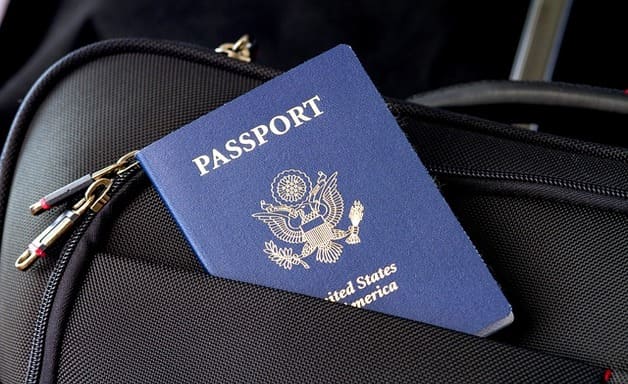
Planning a trip to Bali as a dual national comes with unique questions about the Bali tourist tax.
This article dives deep into how dual nationality affects your obligation to pay this tax and provides helpful tips to navigate the rules seamlessly.
Understanding dual nationality and travel obligations
Dual nationality means holding citizenship in more than one country, which allows you to travel under any of your passports.
For entry into Bali, the passport you choose determines your legal status and, in turn, whether you need to pay the tourist tax. Here’s how it works:
Indonesian passport
Exempts you from the tourist tax, as you are treated as a domestic traveller.
Foreign passport
Requires you to pay the tourist tax, as you are classified as an international visitor.
This distinction makes it essential to plan your travel strategy based on your dual nationality rights.
How does dual nationality affect the Bali tourist tax?
If you hold dual nationality, the application of the Bali tourist tax depends on which passport you use to enter Indonesia. Here are the scenarios to consider:
Entry using an Indonesian passport
Dual nationals entering Indonesia with their Indonesian passport are recognised as domestic travellers.
Domestic travellers, including Indonesian citizens, are exempt from paying the tourist tax. This exemption aligns with the government’s policy to only impose the tax on international visitors.
Example: If you hold both Indonesian and Australian citizenship but choose to enter Bali with your Indonesian passport, you will not be required to pay the tourist tax.
Entry using a foreign passport
Dual nationals who enter Bali with their foreign passport are classified as international travellers and are therefore required to pay the Bali tourist tax. This is because your entry status is determined by the passport presented to immigration officials upon arrival.
Example: If you hold Indonesian and Canadian citizenship but use your Canadian passport to enter Bali, you will need to pay the tourist tax just like any other foreign visitor.
Key considerations for dual nationals
Navigating dual nationality can sometimes be tricky, especially when different countries impose unique rules. Here are some important points to keep in mind:
- Choose the right passport at immigration: The passport you present to Indonesian immigration will determine your travel status. If you use your Indonesian passport, you’re treated as a domestic traveller and exempt from the tourist tax, while presenting a foreign passport makes you subject to the tax.
- Comply with entry rules: If you choose to use your foreign passport, ensure that you meet the entry requirements applicable to your nationality. For example, you may need a visa or be eligible for a visa-free entry. If you use your Indonesian passport, make sure it is valid and up-to-date to avoid any complications at immigration.
- Travelling with both passports: Carrying both passports is a good practice for dual nationals. This can help clarify your travel status during immigration checks and allow you to switch between passports if necessary.
- Online payment options: To make your arrival in Bali hassle-free, consider paying the tourist tax online in advance if you plan to use your foreign passport.
Bali Tourist Tax Go makes the payment process quick and easy. Just fill in our online form and we’ll take care of the rest.
Why passport choice matters for dual nationals in Bali
For dual nationals, the decision of which passport to use impacts more than just the tourist tax. Here’s why your choice matters:
Legal status and benefits
Using an Indonesian passport provides you with the rights of a local traveller, exempting you from paying the tax. It may also allow access to other benefits, such as lower prices for certain attractions or domestic travel privileges.
Using a foreign passport classifies you as a tourist and imposes the tourist tax obligation.
Immigration records
Indonesian immigration authorities rely on the passport you present upon entry to determine your status. This cannot be changed mid-trip, so ensure you select the passport that aligns with your travel plans.
Visa and entry requirements
If you use your foreign passport, you must comply with Indonesia’s entry requirements for foreign nationals. This may include obtaining a visa, meeting eligibility for visa-free travel, or ensuring sufficient passport validity.


